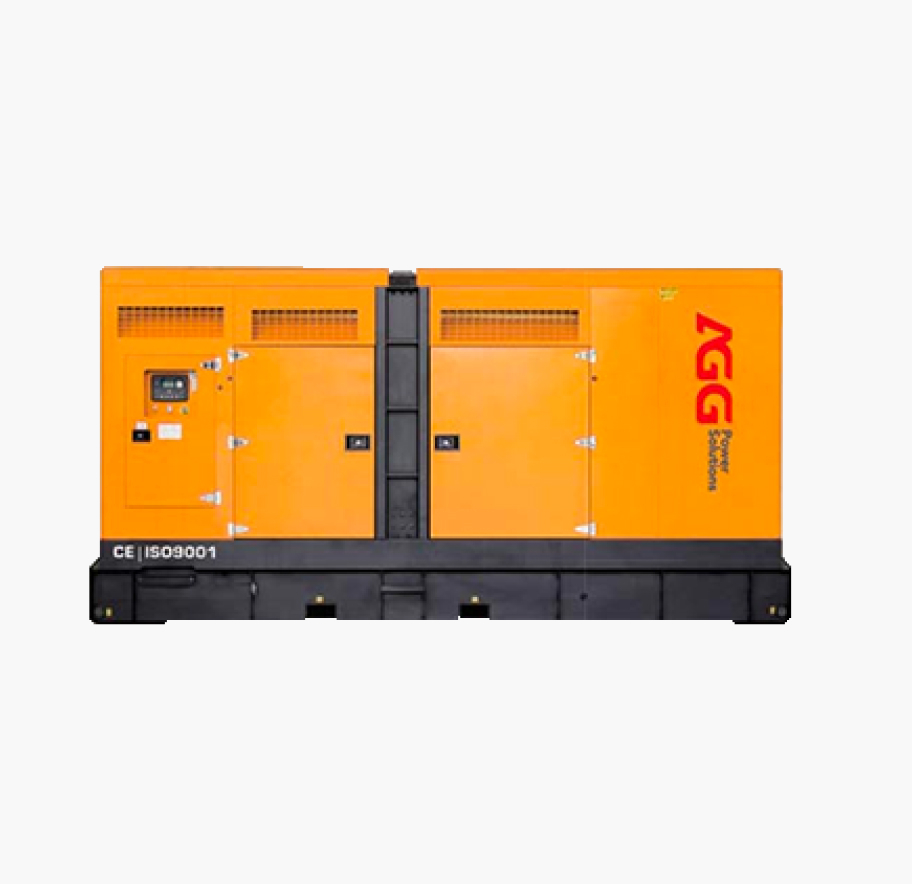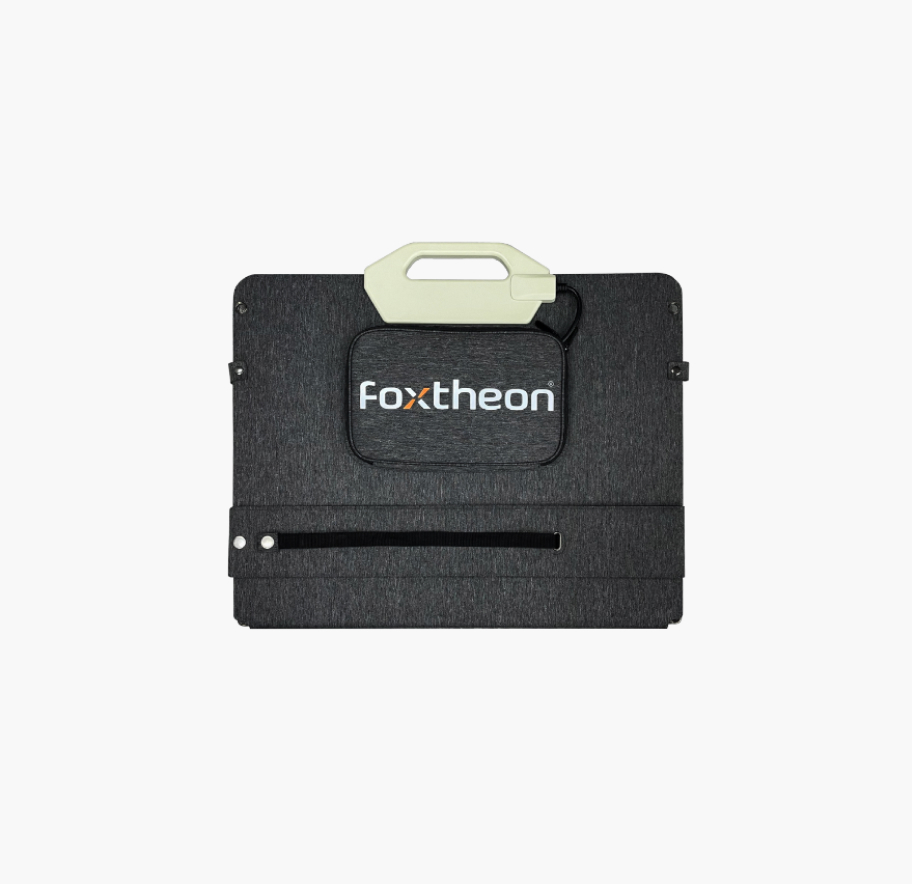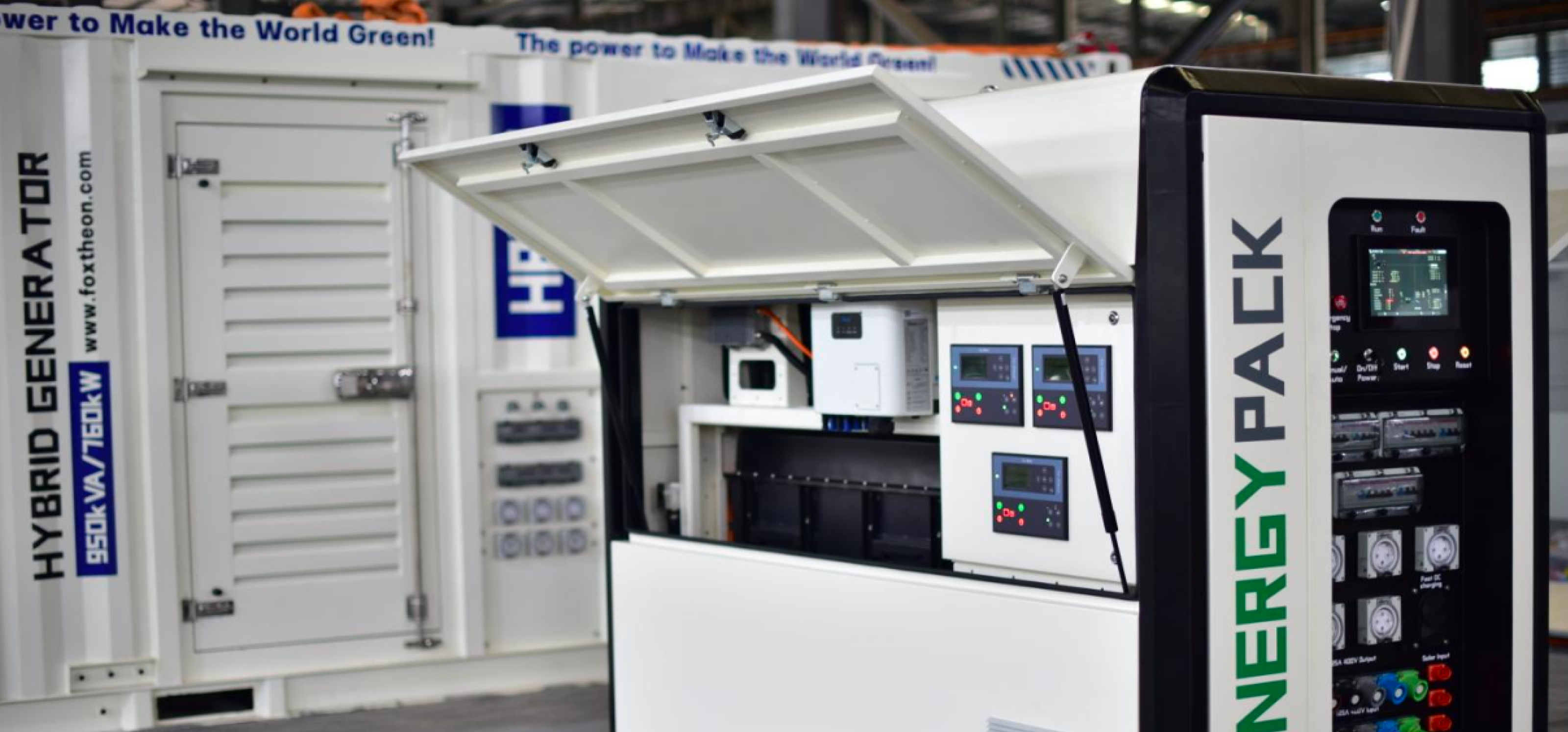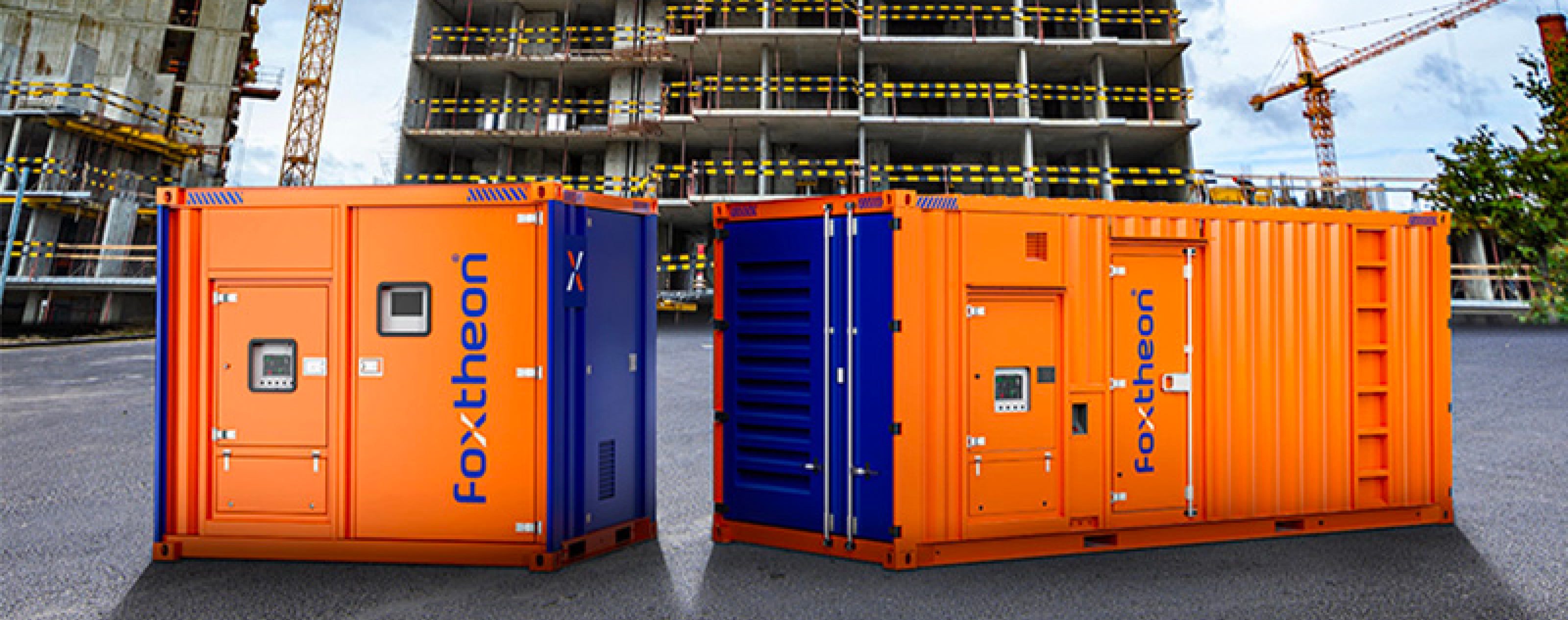Power Station
Systems
Unlock the full potential of your business with Reactiv's Power Station System. Our innovative solution offers unparalleled energy control and efficiency.
Sustainable Energy Solutions: Hybrid Power
In an era where sustainability and energy efficiency are paramount, hybrid power station solutions have emerged as a game-changer in the energy sector. Combining different power generation technologies, these systems offer a versatile and reliable approach to meeting energy demands while minimising environmental impact. Here’s an in-depth look at what makes hybrid power stations an attractive option for modern energy needs.
What is a Hybrid Power Station?
A hybrid power station integrates multiple energy sources into a single system. This can include a combination of renewable sources such as solar and wind, along with traditional sources like diesel generators or natural gas turbines. The goal is to harness the strengths of each energy source to provide a more stable, reliable, and efficient power supply.
Renewable Energy Sources
Solar Panels
Convert sunlight into electricity. Ideal for areas with high solar exposure.
Wind Turbines
Generate power from wind energy. Effective in regions with consistent wind patterns.
Traditional Power Sources
Diesel Generators
Provide reliable backup power but with higher emissions. Often used in areas where renewables alone cannot meet demand.
Natural Gas Turbines
Cleaner than diesel and offer a quick response to fluctuating power needs.
Power Management Systems
Smart Grid Technology
Manages and optimises the distribution of power from various sources to ensure a stable supply.
Control Systems
Regulate the operation of different power sources and storage solutions to balance supply and demand.
Energy Storage Systems
Batteries
Store excess energy generated by renewable sources for use during low production periods.

Reactiv HybridPack 350
Standby Power (kWe/kVA)
132/165
Prime Power (kWe/kVA)
120/150
Frequency (Hz)
50
Maximum Current (A)
238
Rated Voltage (50Hz)
400

Reactiv Base Box 60 Max
Nominal Rated Power (kVA)
100
Overload Power (60s) (kVA)
125
Frequency (50Hz)
60
Rated Voltage (VAC)
415
Maximum AC Current (10s) (A)
347

Reactiv Base Box 133
Nominal Rated Power (kVA)
133
Nominal Peak Power (60s) (kVA)
166
Nominal Peak Power (5s)
400
Rated Voltage (VAC)
400
Nominal Rated AC Current (A)
192

Reactiv Solar Pad (Portable)
Maximum Power (W)
4950
Optimal Operating Voltage (V)
368.1
Optimal Operating Current (A)
13.45
Maximum System Voltage (/)
8.1000/1500VDC (IEC)
Maximum Rated Fuse Current (A)
25
Benefits of Hybrid Power Stations
Enhanced Reliability
By combining multiple sources, hybrid systems can provide a more stable and continuous power supply, reducing the risk of outages.
Increased Efficiency
Hybrid systems can optimise the use of renewable resources, reducing reliance on fossil fuels and improving overall energy efficiency.
Environmental Impact
Lower greenhouse gas emissions compared to traditional power plants. The use of renewables helps in reducing the carbon footprint.
Cost-Effectiveness
While the initial investment might be high, hybrid systems can lead to lower operational costs over time due to reduced fuel consumption and maintenance needs.
Flexibility & Scalability
Hybrid power stations can be tailored to meet specific needs and can be scaled up or down depending on demand and available resources.
Challenges and Considerations
Initial Capital Investment
The setup cost for hybrid systems can be significant, though it is often offset by long-term savings.
Complexity in Management
Coordinating multiple energy sources requires sophisticated management systems and expertise.
Maintenance & Support
Regular maintenance of diverse components is essential to ensure efficient operation and longevity.
Regulatory and Policy Factors
Navigating regulations and incentives related to hybrid power systems can be complex, varying by region.



